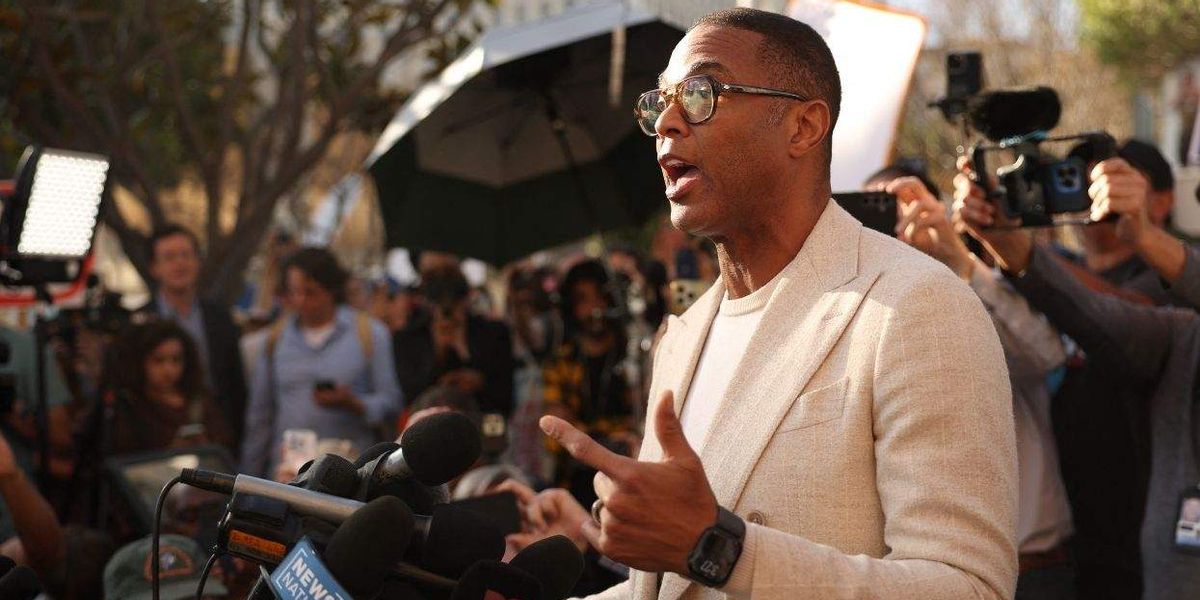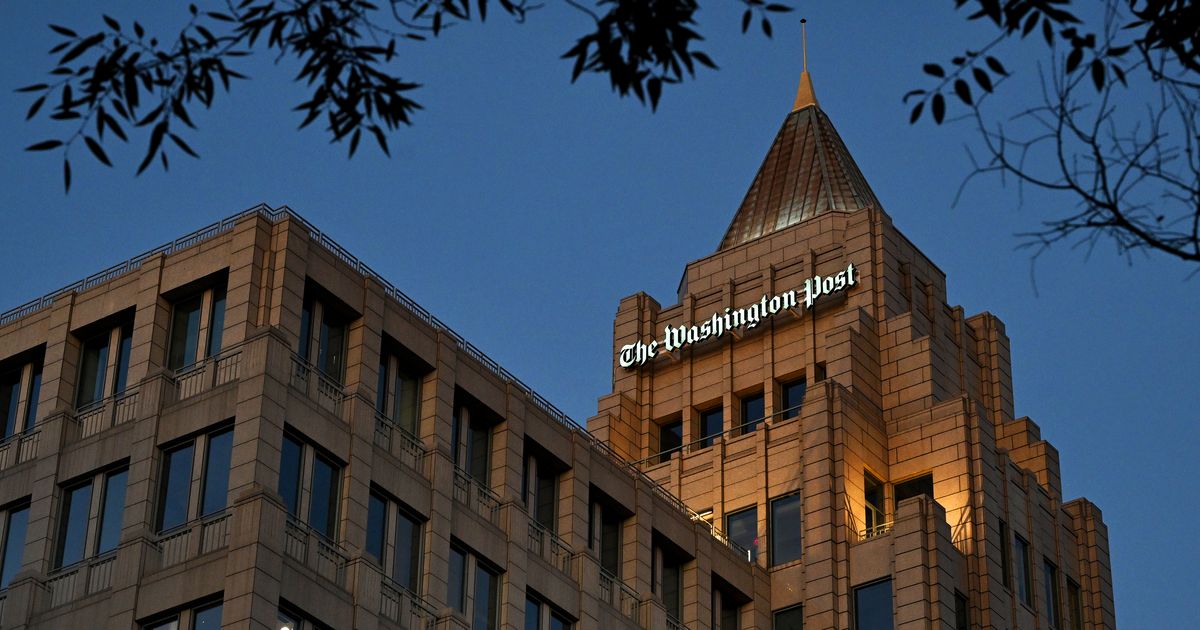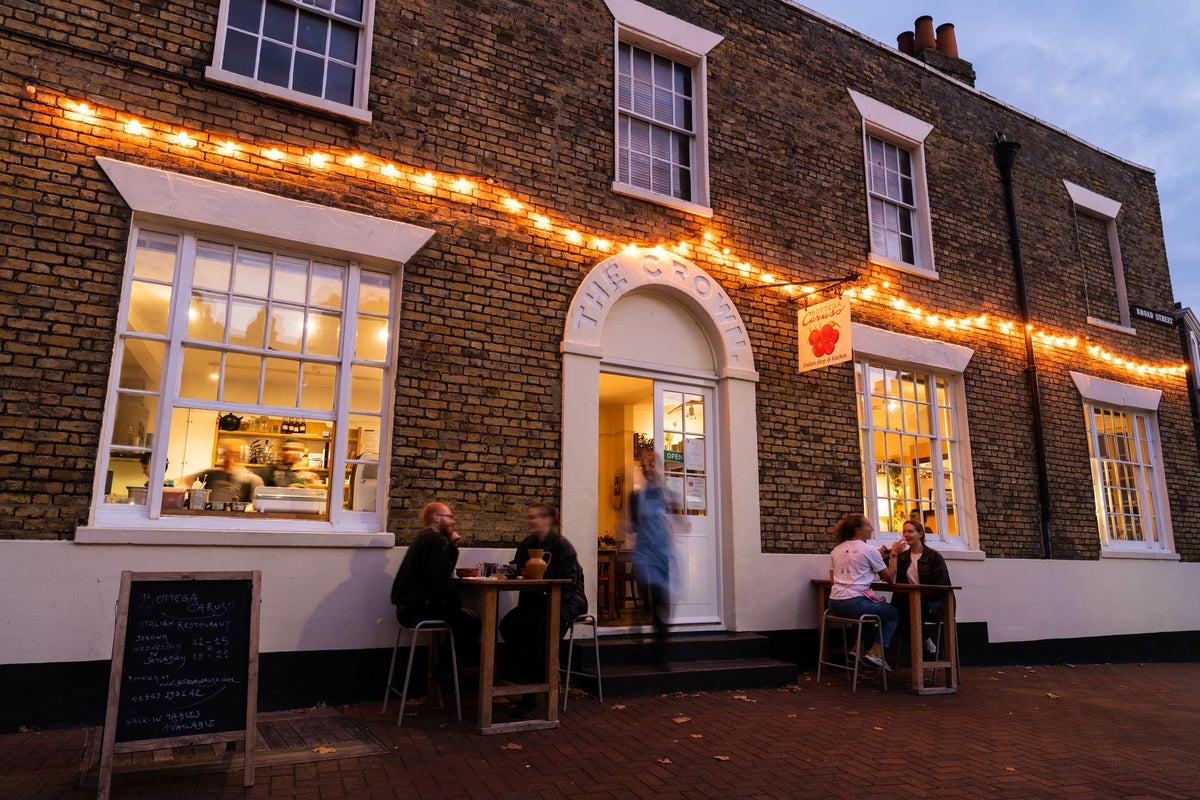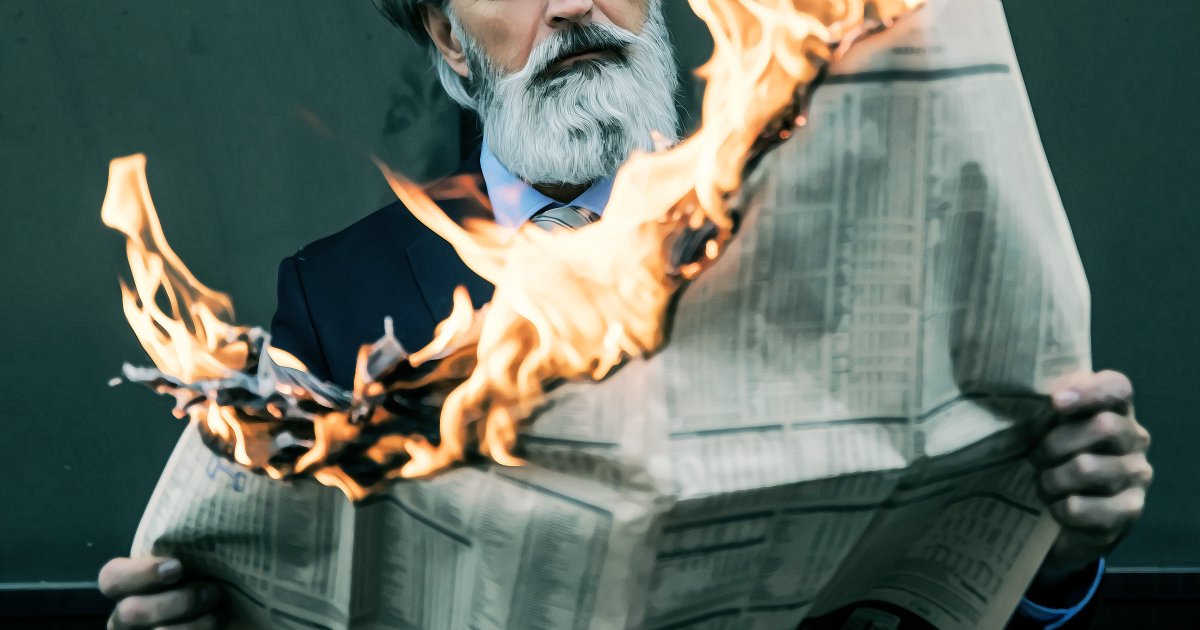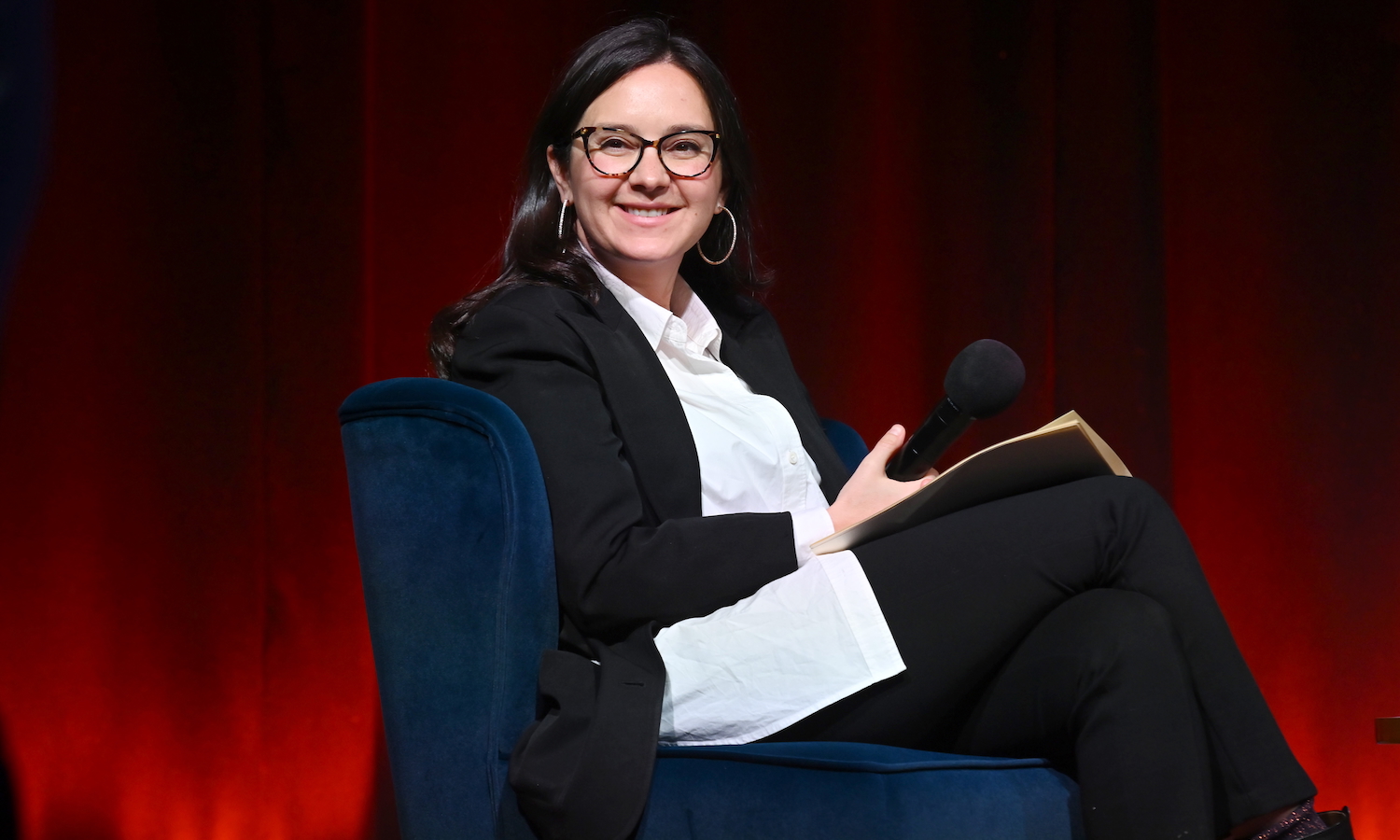#journalism
#journalism
[ follow ]
#reproductive-rights #donations #fundraising #press-freedom #don-lemon #media-funding #arrest #first-amendment
fromwww.newyorker.com
1 day agoHow the Murdoch Family Built an Empireand Remade the News
St. Bride's, situated in an alley just off Fleet Street, is known as the journalists' church. Having weathered not a few disastersthe Great Fire of London, in 1666, the Luftwaffe in 1940it now advertises itself as A Space for Silence, offering an hour of contemplation each weekday afternoon, yards from the world's most famous newspaper street. On a recent rain-soaked day, I arrived to find only one umbrella in the porch bucket and a church filled with lit candles and the chill of old sermons.
Media industry
fromwww.independent.co.uk
5 days agoBoots and Superdrug accused of misleading shoppers with dodgy' reward card deals
From reproductive rights to climate change to Big Tech, The Independent is on the ground when the story is developing. Whether it's investigating the financials of Elon Musk's pro-Trump PAC or producing our latest documentary, 'The A Word', which shines a light on the American women fighting for reproductive rights, we know how important it is to parse out the facts from the messaging. At such a critical moment in US history, we need reporters on the ground.
UK news
fromwww.independent.co.uk
5 days agoWaspi compensation decision from DWP expected imminently
From reproductive rights to climate change to Big Tech, The Independent is on the ground when the story is developing. Whether it's investigating the financials of Elon Musk's pro-Trump PAC or producing our latest documentary, 'The A Word', which shines a light on the American women fighting for reproductive rights, we know how important it is to parse out the facts from the messaging.
US politics
fromPoynter
6 days agoPoynter welcomes six new members to its National Advisory Board - Poynter
ST. PETERSBURG, Fla. (January 28, 2026) - Poynter, a global leader in journalism, is pleased to welcome six new members to its National Advisory Board. The board brings together experienced leaders who offer strategic insight and fresh perspectives to support Poynter's mission of strengthening journalism in service to democracy, public trust and truth. The new members are: Katie den Daas, senior vice president of global newsgathering, ABC News Julie Pace, senior vice president and executive editor of The Associated Press Hari Sreenivasan, journalist and a host of "Amanpour and Company" Bala Sundaramoorthy, president and chief operating officer of Times Publishing Company Wendi C. Thomas, f ounder and investigative editor of MLK50: Justice Through Journalism Jessica Yellin, founder of News Not Noise and former White House correspondent
Media industry
Higher education
fromInside Higher Ed | Higher Education News, Events and Jobs
1 week agoA New Model for the Future of "Inside Higher Ed"
Inside Higher Ed achieved significant audience growth and remains committed to covering major higher-education shifts while confronting journalism and sector-wide financial, trust, and misinformation challenges.
fromPoynter
1 week agoIn 2020, FiveThirtyEight published a chart that was weaponized to spread election disinformation. It still haunts me. - Poynter
The chart showed the vote totals over time for Wisconsin. At first glance, it appeared that Joe Biden was lagging far behind Donald Trump and then suddenly surged ahead to a tie. Almost immediately, people online seized on the image, claiming that all those Biden votes were actually evidence of fraud. In fact, it was nothing of the sort, and both Trump and Biden's votes had increased - the result of a large batch of absentee and mail ballots being counted all at once.
US politics
fromIrish Independent
1 week agoRTE announces Jackie Fox as new Washington correspondent
Jackie is a multimedia journalist with RTÉ News and has reported extensively on US politics and global affairs, including covering the 2024 US Presidential Election in Washington DC. She has worked as a journalist for RTÉ for 14 years, reporting on a range of foreign, national and regional news stories. She has reported for RTÉ from countries including Malaysia, Saudi Arabia, Ethiopia, and Seychelles on issues surrounding human rights and climate change.
US politics
fromwww.mediaite.com
2 weeks agoJan. 6 Cop Harry Dunn Praises CNN's Abby Phillip For Letting Scott Jennings Speak Then Telling Him How He's Wrong
There's a, a woman at Fox news that does so much heavy lifting. and she goes in there, and does amazing work. Jessica, yeah, she's always on with Watters and like The Five or whatever that show is called or whatever. Tarlov, Tarlov is that her name? Yeah, Jessica Tarlov. She's incredible! I think that she's incredible, I think, that she does great work. And just shout out to her for just, just, just doing the work. She just stands out to me. She's great.
Media industry
Law
fromElectronic Frontier Foundation
2 weeks agoEFF to California Appeals Court: First Amendment Protects Journalist from Tech Executive's Meritless Lawsuit
California anti‑SLAPP law and the First Amendment bar a CEO's lawsuit aiming to silence truthful reporting of his felony domestic violence arrest.
US news
fromDataBreaches.Net
2 weeks agoAct Now: Survey on Threats Researchers and Journalists Experience Ends January 18 - DataBreaches.Net
Security researchers and journalists face legal threats, injunctions, government searches, and violent threats from cybercriminals, prompting a survey collecting their experiences.
fromwww.independent.co.uk
2 weeks agoGovernment urged to make reckless' act of trail hunting illegal
From reproductive rights to climate change to Big Tech, The Independent is on the ground when the story is developing. Whether it's investigating the financials of Elon Musk's pro-Trump PAC or producing our latest documentary, 'The A Word', which shines a light on the American women fighting for reproductive rights, we know how important it is to parse out the facts from the messaging.
UK politics
fromBusiness Insider
2 weeks agoI'm 7 months postgrad and still job hunting. I'm leaning on my hobbies to help overcome imposter syndrome.
I always expected life after college would fall seamlessly into place, that all of my involvement in campus media, internships, and good grades would pay off immediately. So, when I learned that my childhood friend was planning to move to New York City, it was the perfect opportunity to take the leap together. I'd always dreamed of moving there, and as the home of many big-name publications, it seemed like the right city to be in to kick-start my career.
Mental health
fromHigh Country News
3 weeks agoWhat does 'time immemorial' really mean? - High Country News
Natives have been told our whole lives - in classrooms, through academic research and in popular myth - that humans first migrated into North America around 12,000 years ago. Native histories consistently disagree, however, asserting that humans were here much earlier than that. Using the phrase time immemorial is a way to push back; it succinctly communicates longevity without quibbling over exact numbers and dates.
History
fromwww.independent.co.uk
3 weeks agoLabour's deputy leader backs The Independent's SafeCall campaign for missing children
Whether it's investigating the financials of Elon Musk's pro-Trump PAC or producing our latest documentary, 'The A Word', which shines a light on the American women fighting for reproductive rights, we know how important it is to parse out the facts from the messaging. At such a critical moment in US history, we need reporters on the ground. Your donation allows us to keep sending journalists to speak to both sides of the story.
UK news
US politics
fromemptywheel
3 weeks agoAnnals of Sanewashing: NYT Labels Trump's Confession of Psychological Unfitness as Leadership - emptywheel
Major news outlets sanitize and reframe incoherent, dangerous rhetoric into conventional political discourse, fostering misinformation and eroding shared reality.
fromPoynter
3 weeks agoPoynter and Hacks/Hackers partner to keep fast AI adoption aligned with journalism ethics - Poynter
As AI rapidly reshapes the media landscape, Poynter is helping people understand how the technology works and how it should be used responsibly. Through practical AI training, ethical guidance and media literacy programs, Poynter's work supports transparent, trustworthy adoption as the technology continues to evolve. The Poynter Institute has hosted two summits on AI, ethics and journalism that have established guidelines to encourage responsible innovation and minimize risk of damage to newsrooms' reputations.
Artificial intelligence
fromThe New Yorker
4 weeks agoWhat a Viral YouTube Video Says About the Future of Journalism
Shirley combines two of the foundational modes of live-streaming circa 2025-the man-on-the-street interview and the thrill-seeking adventure into an unknown and ostensibly dangerous place, whether the Mongolian Steppe or a tent encampment in Philadelphia-to produce a roughly hour-long narrative. He adopts the role of a guy who simply wants to know more about a problem, going from day-care center to day-care center in Minnesota and asking the people who work there, all of whom are of Somali origin, if they're the ones stealing taxpayer money.
Media industry
[ Load more ]


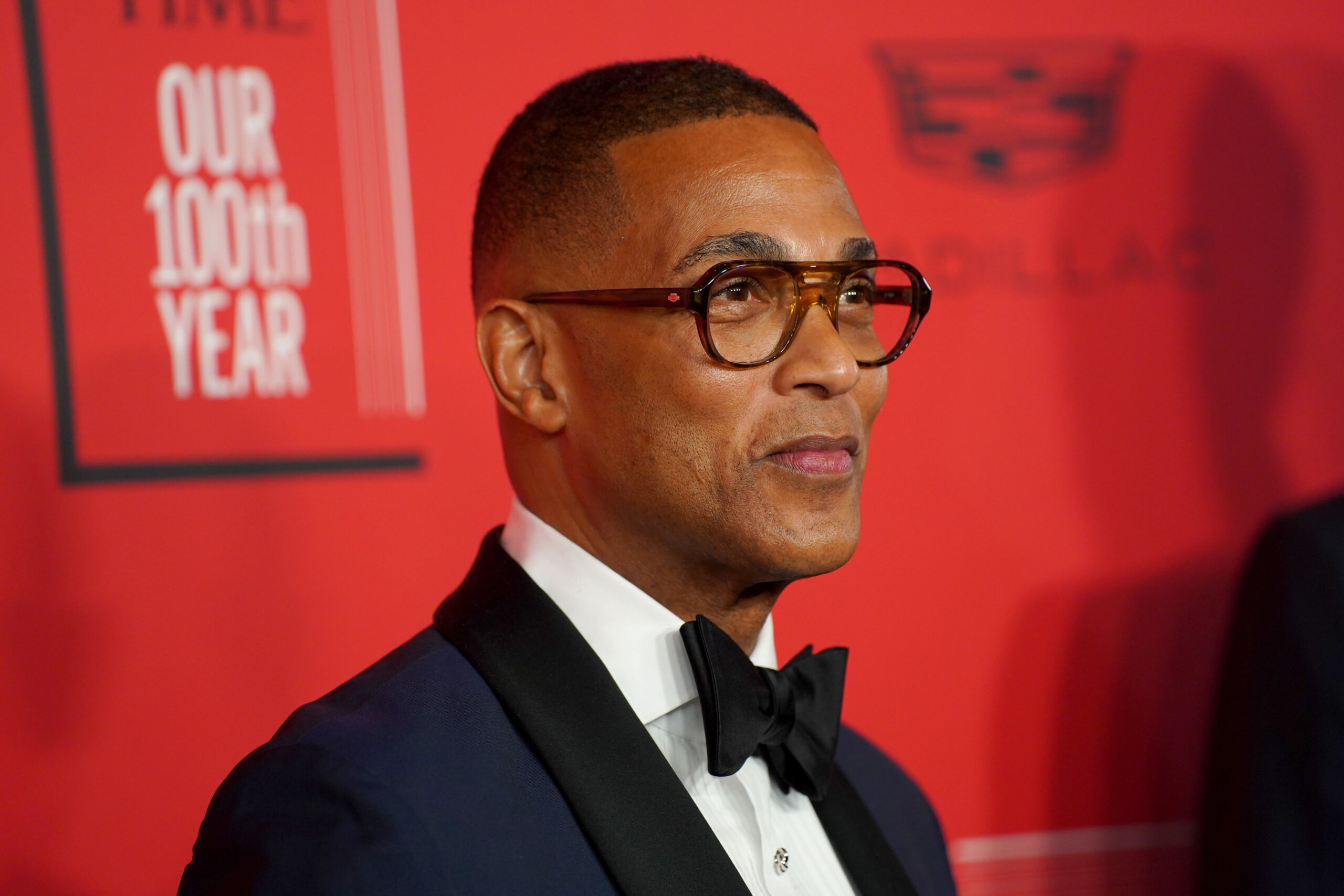
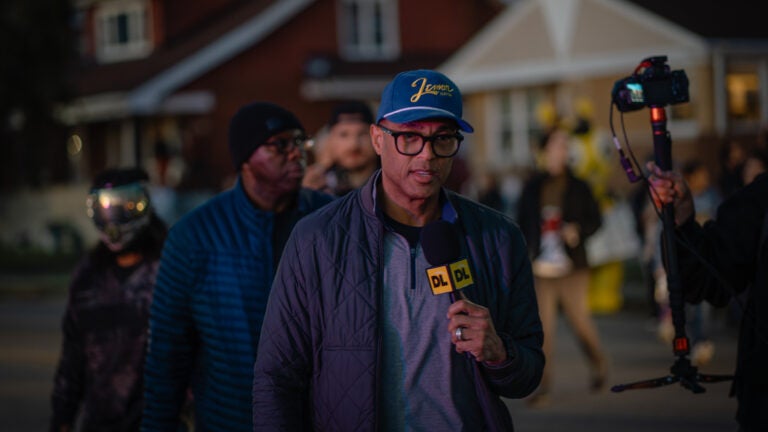
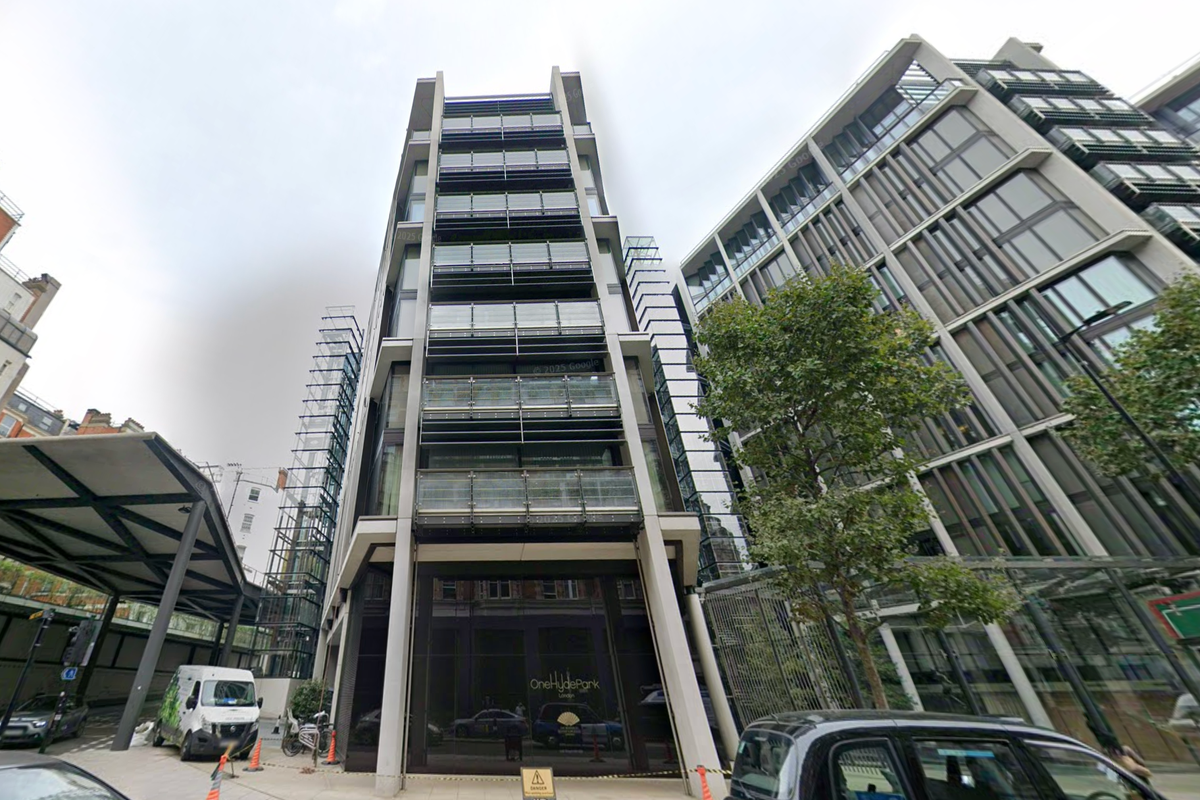

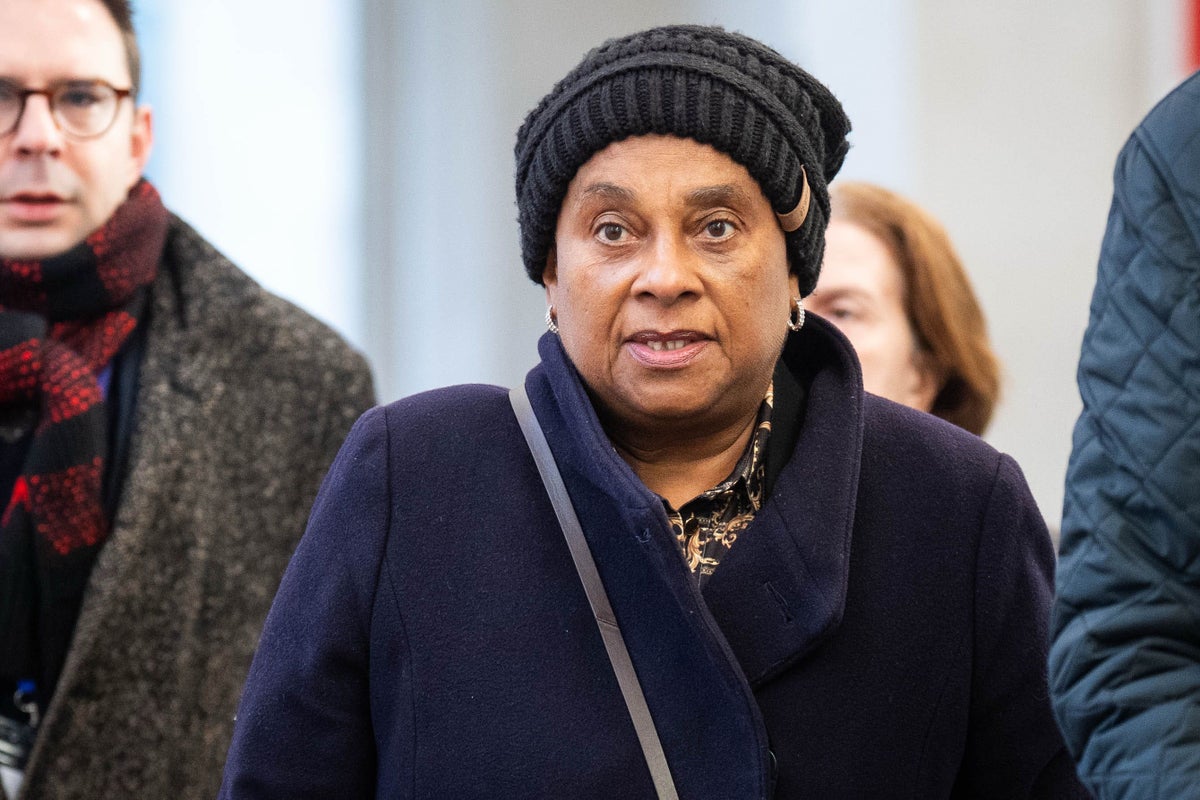



.jpeg?trim=1,0,1,0&width=1200&height=800&crop=1200:800)

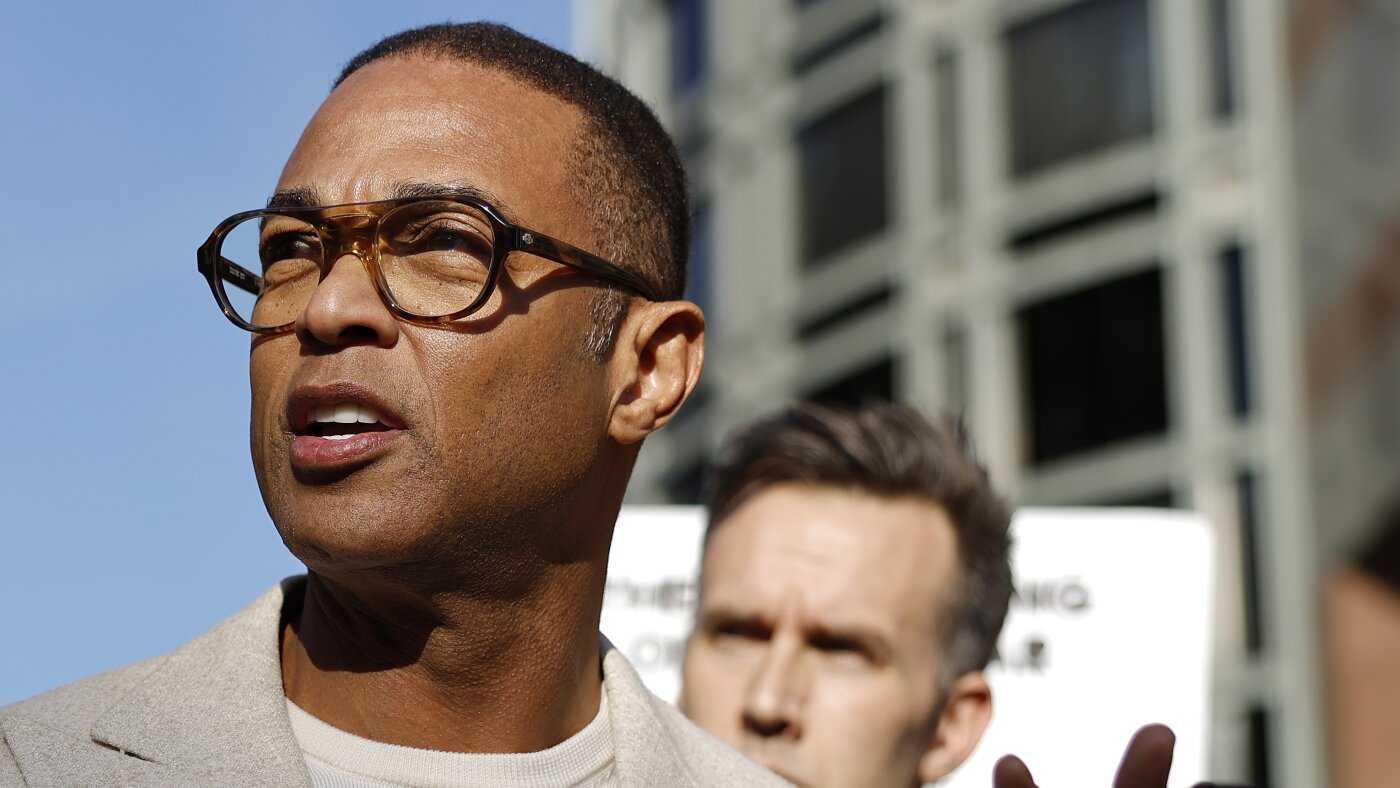
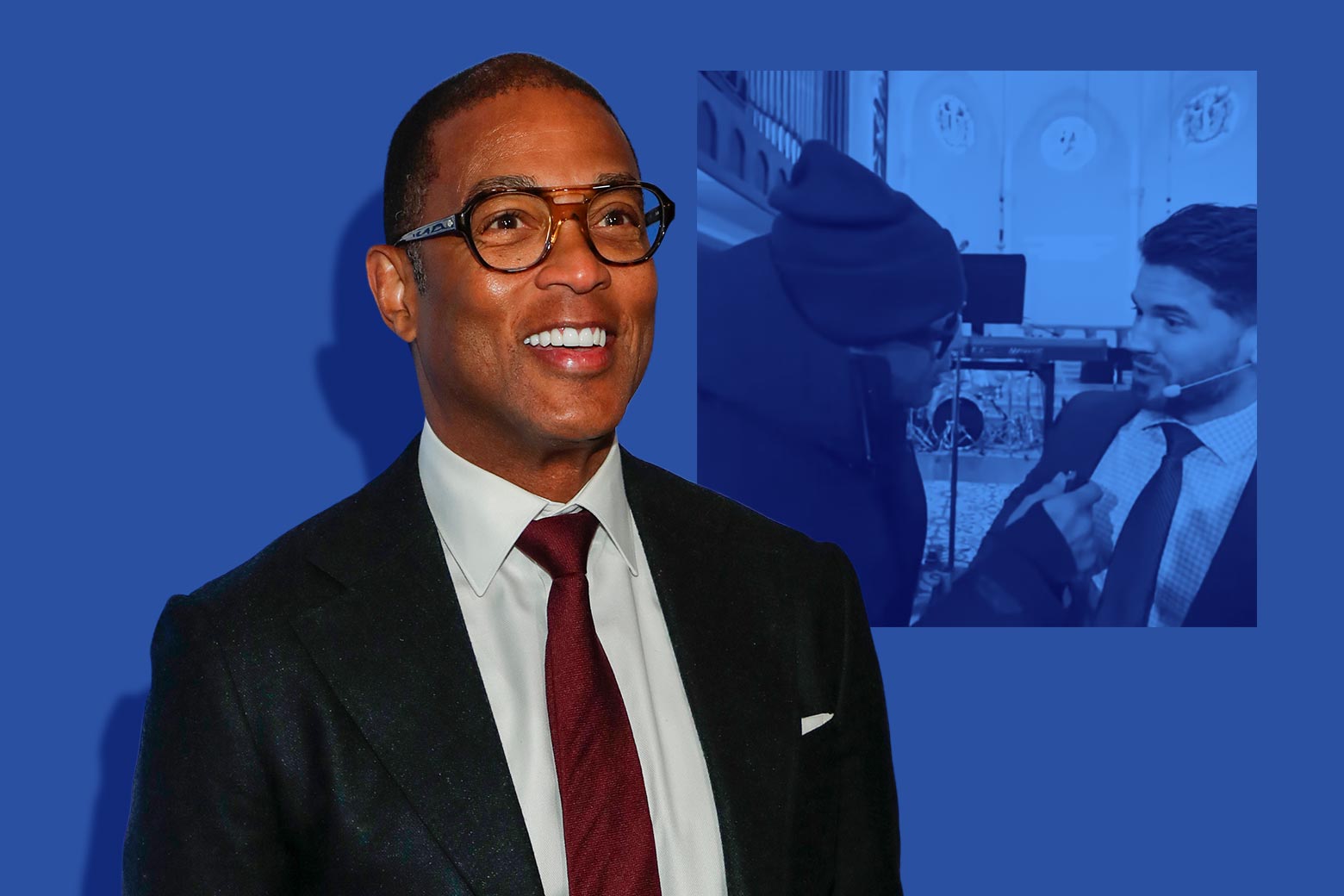


.jpeg?trim=0,61,0,60&width=1200&height=800&crop=1200:800)



